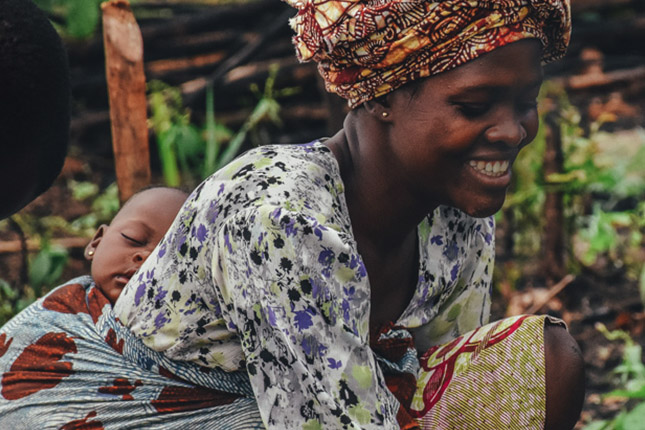
Havener-Dowswell Scholarship
The Havener-Dowswell Scholarship is named after Robert Havener and Christopher Dowswell, a pair of dedicated friends and colleagues of the Nobel Laureate, Dr. Norman E. Borlaug. Robert Havener served as Winrock International’s first president, and had a long and illustrious career in agriculture.
For general inquiries, please email CD.Scholarship@winrock.org
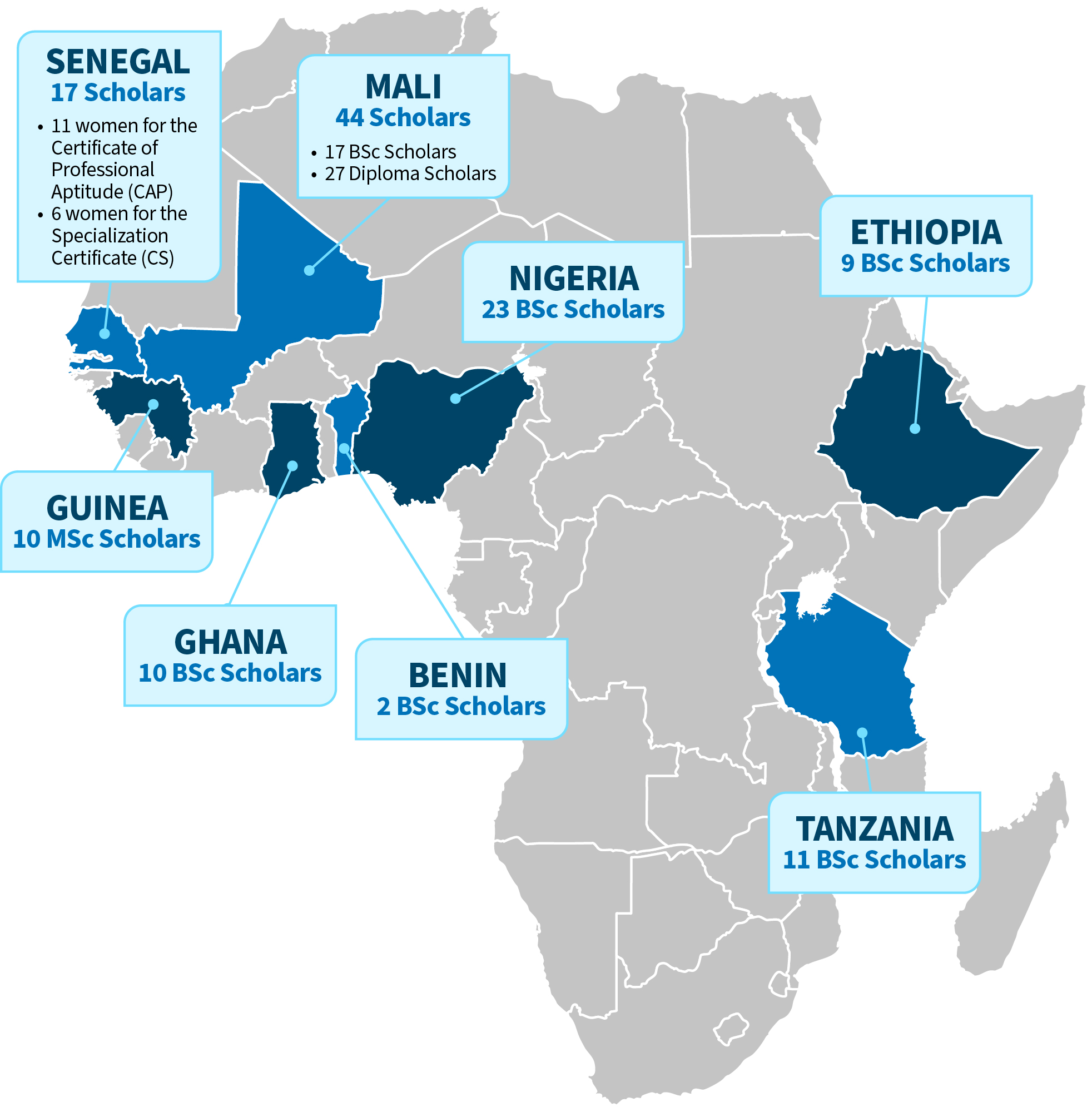
Robert Havener and his wife, Elizabeth, both felt strongly that to improve socio-economic development and boost food security in Africa, more African women needed access to education including specialized agriculture extension training. Christopher Dowswell served as aide-de-camp (chief assistant) to Dr. Borlaug for more than 30 years, and, like Havener, was committed to the idea that agriculture could – and must ─ play a significant role in improving people’s lives, especially in the world’s most food insecure regions. Both Havener and Dowswell worked tirelessly on behalf of the Sasakawa Africa Association (SAA), founded by the Japanese philanthropist Ryoichi Sasakawa and Dr. Borlaug in 1986 to support smallholder farmers and improved access to agricultural extension in Africa.
The Havener-Doswell Scholarship offers a simple and effective way to increase the number of qualified women agriculture extension agents in Africa. The scholarship enables women to pursue degrees in agricultural sciences and extension, with the goal of empowering women farmers through improved access to knowledge, more effective use of agricultural inputs, and links to training and other resources. As more women farmers gain access to better agricultural technology and production information, agricultural production and incomes will rise, resulting in reduced poverty and hunger.
The scholarships provide about 50% of the estimated stipend and research support required for recipients to pursue an advanced degree in the agricultural field in Africa. Scholarship funding can be used for any study-related expenses including tuition, examination fees, and/or research expenses. Scholarships are limited to students who are enrolled in educational institutions in countries in Africa where Winrock maintains project field offices.
To qualify for the scholarship, students must demonstrate the potential for future success in the field of agriculture, and meet the following criteria:
- Commitment to studying the field of agriculture, with priority given to the study of agricultural extension, as well as interest in pursuing a related job or career at an African institution(s);
- Desire to apply education in local communities in Africa;
- Academic achievement;
- Financial need;
- Currently located in a country where Winrock maintains a presence (e.g., through a project or activity field office).
Current & Past Scholarship Announcements
Havener-Dowswell Scholarship Announcement: Apply Between April 19, 2024 to May 3rd, 2024
Havener-Dowswell Scholarship Announcement for Senegal Woman – Close 30 June 2023
Havener-Dowswell Scholarship Announcement for Guinea Woman – Close 30 June 2022
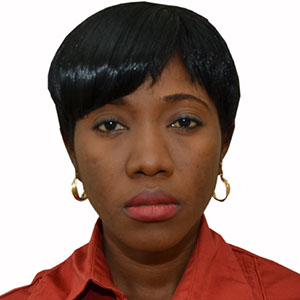
Ogar Elizabeth, Nigeria
Elizabeth lost her father at an early age, which resulted in the loss her families land. She began working on neighboring farms and became curious as to why some farms did better than others. Not satisfied with the simple answer her science teacher gave her she went on to pursue a career in agriculture extension.
“My zeal for self-improvement was not diminished by the fact that I had to struggle to support my six siblings and myself. I understood that those without a university education are marginalized in Nigeria, especially young women like me. I saved 80% of my monthly allowance (about $55 U.S) provided by the federal government to enable me to return to pursue my university education. Winrock and the Christopher Dowswell scholarship stepped in when my savings had run out during my third year of university.”
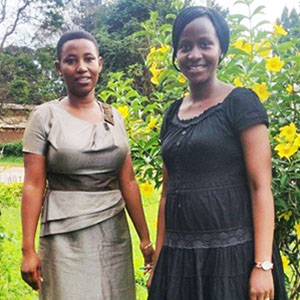
Lusia Felix and Naomi Nashon, Tanzania
Across the board, program participants see the myriad benefits of studying applied agricultural extension: expanding knowledge, securing professional advancement and staying competitive in their field. Most students expressed a desire to give back to their communities with their education, disseminating knowledge and working with different groups of people to promote behavior change.
But the average student salary (just $181) is rarely sufficient to cover expenses, especially for women with families. But the Dowswell Scholarship changes everything.
“The scholarship affected us in a positive way since it brought many achievements specifically, the scholarship enabled us to pay for school fees, living as well as research expenses which were critical challenge before because we spent a lot of time thinking and finding the possible ways of obtaining money to support our studies which could affect our academic performance. So, after the scholarship we have been able to focus on our studies and improved our performance.”
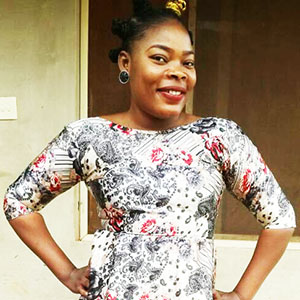
Agogwu Hope Tochi, Nigeria
After Agogwu graduated from secondary education, she never intended studying agriculture because she saw farming as an archaic lifestyle and a future with limited opportunities. But with the help of few educated Agriculturists around her, her perspective about agriculture changed. She learned that the Agricultural industry is a vital key in achieving food security.
“I saw agriculture as an archaic lifestyle with limited opportunities but after getting to know the educated agriculturists around me, I understood that the Agricultural industry is vital to the development of any nation and that almost all of the developed nations today grew on the back of a solid agricultural industry.”
Adeniyi Kofoworola Kolajo, Nigeria
Growing up, Adeniyi, a scholarship recipient, was exposed to how essential agriculture was to those around her. So many depended directly on it for food, shelter and clothes.
“The urge to find a simpler and more critical way to solve problems those around me faced daily led me to take science classes in my secondary school with the hope of being an agriculturist … My goal is to bring innovative technology to rural farmers, to fill in the gaps of innovation. I want to enhance human capacity and development to improve productivity for those in my country.”
Oyinoloye Rasheedat, Mali
“Because in these days, our natural resources need to be well managed, including our soil, animals and plants. As a woman, I need to go deep into my rural area to encourage our women in the right way of utilizing our resources. To encourage women in partaking in agriculture as a profession and as a business … the scholarship is a wonderful opportunity to me and people of my category…it encourages women to involve themselves in studying agriculture.”
Haye Kane, Mali
“Agriculture is the principal pillar for the subsistence of humans on earth; the survival of humans depends on it as it is the motor of the economy. [My] studies will enable me to acquire more agricultural extension skills so I can help change the behavior of the rural farmers to increase food production, reduce poverty, hunger and bring my modest contribution to the socio-economic development of my region also that of my country.”
